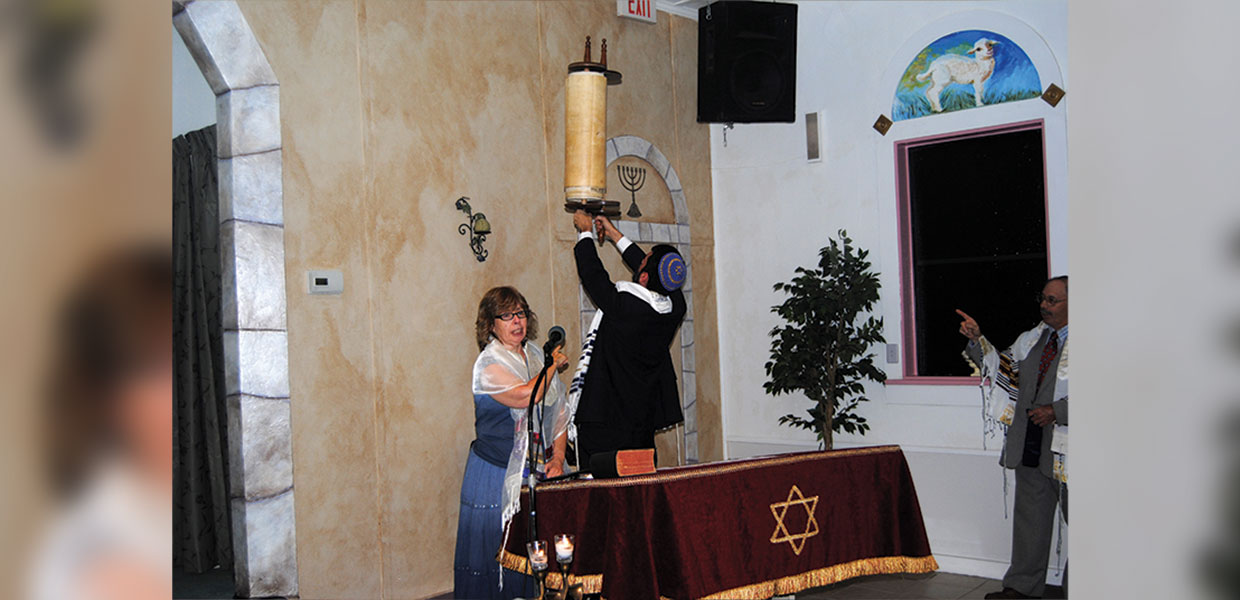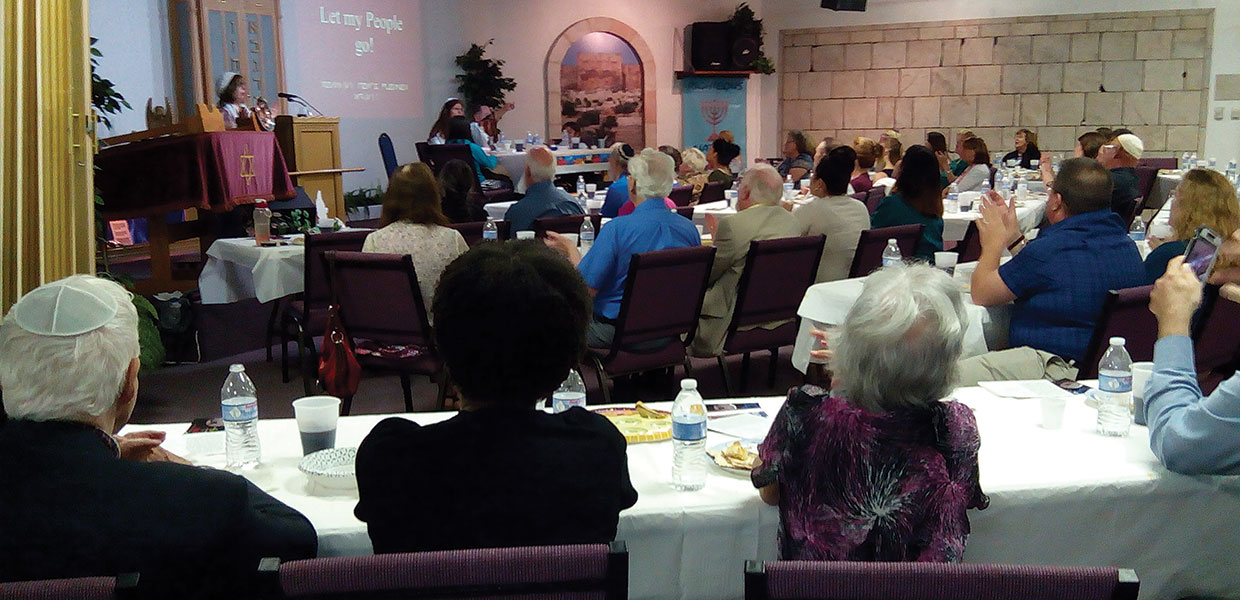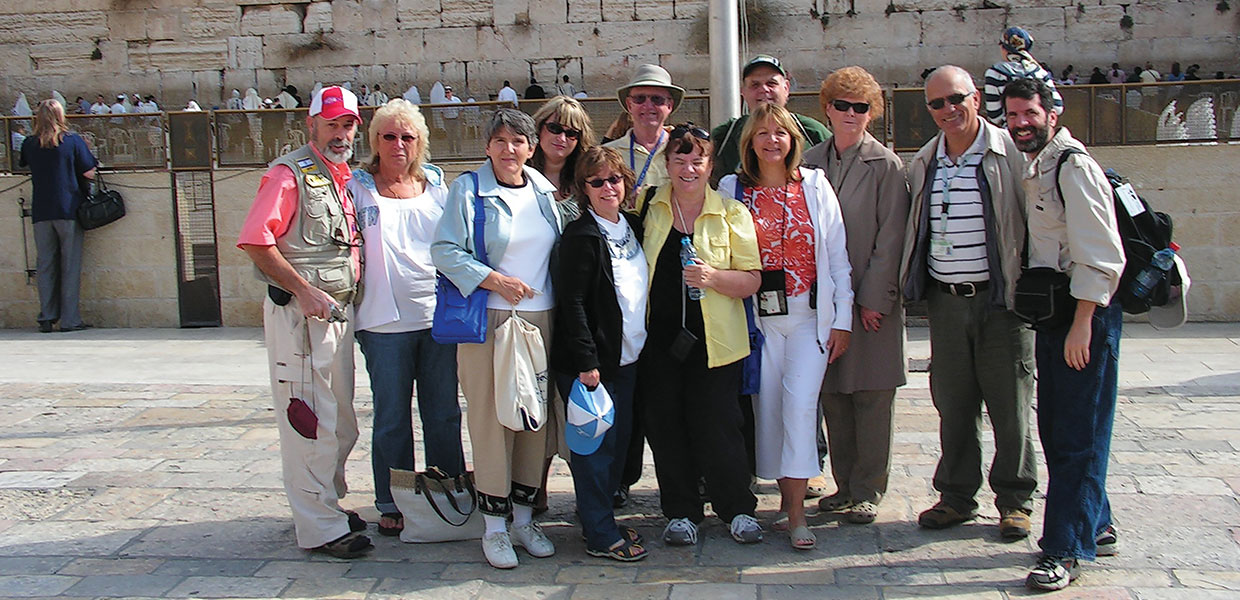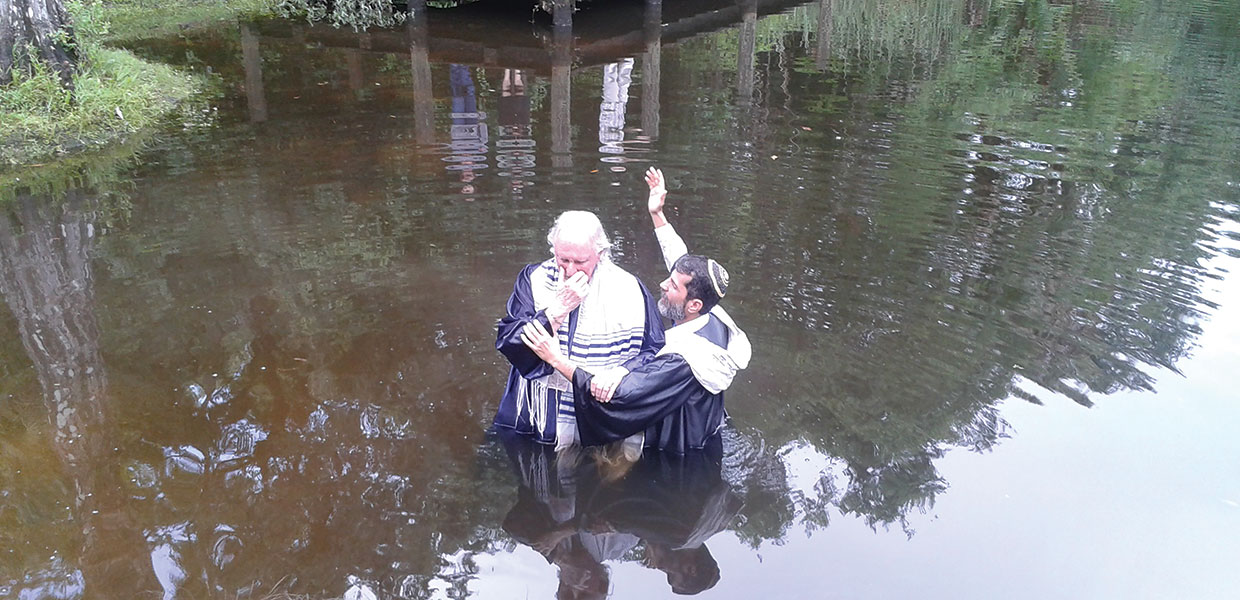



Worshippers gathered in the Tree of Life Synagogue in Pittsburgh, Pennsylvania, on October 27 2018, for Sabbath services. Just before 10 a.m., a man rushed in shouting anti-Semitic insults and firing a semi-automatic rifle. Eleven worshippers were killed, and many were wounded in the rampage. According to the Anti-Defamation League, this attack was “the deadliest against the Jewish community in U.S. history.”1
NPR’s coverage of this horrendous event, highlighted the ways that anti-Semitism is systemic, and crossing political and religious boundaries.
This article offers 11 ways that ordinary people can overcome anti-Semitism in the Church and in our society. It includes a short history of Jewish persecution and replacement theology, which highlight the need for and context of the 11 ways to address this systemic problem.
This deep-seated anti-Semitism has a long history in the Bible. The king of Egypt tried to destroy the Hebrews by killing all the newborn Hebrew boys (Exodus 1:15-22). Haman wanted “to destroy all Jews” (Esther 3:6). He instigated a decree “to destroy, to kill, to annihilate all the Jews” (Esther 3:13). If Queen Esther had not intervened, it would have happened. In Matthew 2:16, Herod killed all the Jewish boys two years and younger in Bethlehem and all its districts.
The root of anti-Semitism since early Christian times is replacement theology, which teaches that the new Christian faith and Church totally replace the Jews.
The history of replacement theology started sometime after Gentiles started to come into the early church, 34 A.D. Romans 11:1-5 speaks directly against it. In Romans 11:1, Paul counters replacement theology: “Has God cast away His people? Certainly not!” In Romans 11:2, Paul repeats, “God has not cast away His people whom He foreknew.” Paul shows that Gentile Christians do not replace the Jewish believers through the olive tree that symbolizes God’s people in Romans 11:16-26. In Paul’s olive tree analogy, the tree was not cut down or a new tree planted; the natural and grafted branches are part of the same tree, which is rooted in Christ. The book, The Power of a Promise, explores replacement theology through Paul’s olive tree in greater depth. Briefly, “Paul’s point to the Gentiles was, you have been grafted into a tree that was already established and that helps to sustain you. The branches that were broken off were broken off because of unbelief.” In addition, he warns, “Do not be haughty, but fear. For if God did not spare the natural branches, He may not spare you either.”2
Paul’s olive tree uniting Gentile and Jewish believers is under attack from the Roman government because it looked at the early church as a sect of the Jews. Therefore, the Romans persecuted the church along with the Jews for the Jewish resistance to Rome.
By the second century, Gentile believers outnumbered the Jewish believers in the church and no longer wanted to be persecuted for the Jewish rebellions against Rome. They wanted to be separated from the Jews. The easiest way for them to be separated from the Jews was to change the day of worship away from the Sabbath.
The Gentiles had worshipped on Sunday before they accepted Jesus. Jesus rose on Sunday and the Holy Spirit descended on Sunday, they reasoned, so they could return to Sunday. From the second through the fourth centuries, church leaders and politicians negotiated a way not only to stop the persecution, but also to become the state religion. Constantine made this happen in the fourth century.
In the compromise, the church was to worship on Sunday and abandon the Sabbath, celebrate some pagan holidays, accept the use of images in worship, and be the state religion.
The church leaders started calling Sunday the Lord’s Day, saying Jesus rose from the dead on Sunday and the Holy Spirit descended on Sunday; church leaders called Saturday the “Jewish Sabbath.” They claimed the church replaced the Jews as God’s people, and that all the promises and privileges that were given to the Jews now belonged to the church (replacement theology).
They also claimed that only the clergy could interpret the Bible and apply what it said, thus applying the Levitical priesthood to the church, bringing separation between clergy and laity, and giving all authority to the clergy to make the change of the Sabbath to Sunday.
This process fanned anti-Semitic feeling like throwing gas on the fire, bringing 17 centuries of intense persecution of Jews that resulted in between seven and 15 million Jews being killed. Therefore, when Hitler brought the holocaust, he only sped up the process that had been going on for 17 centuries, and almost no one spoke up.
That is why Pope John Paul II apologized to the Jewish people and the nation of Israel.
Let us look at the five types of replacement theology:
1. Horrific attacks against Jews, like the one at the Tree of Life Synagogue.
2. Justifications for attacking the Jews.
3. Beliefs that the Church totally replaces the Jews; that all the promises and blessings now belong to the church, as they are exclusively God’s people.
4. Beliefs that the Church replaces the Jews as God’s visible people; Jews must convert to be His people.
5. Beliefs that Jews need to be “Christians” not “Jews,” because being Jewish is only a religion. All Jews are ethnically Jewish, but not all Jews are part of the Jewish religion. There are Jews who are atheist, Buddhist, new age, messianic, those not involved in religion, Christian, etc. Accepting Christ as Savior does not take away one’s ethnicity. Therefore, when a Jewish person accepts their Jewish Messiah, we have no right to say they are now Christian and no longer Jewish. We do not say someone is no longer Spanish, African, etc., when they accept Christ.
Neither replacement theology, nor the teaching that God saves the Jews differently than Gentiles, are biblical (Malachi 3:6, Hebrews 13:8). Like the olive tree in Romans chapter 11, God has one tree symbolizing His people. All of the Jews and Gentiles are God’s people; only branches that remain on the tree are God’s remnant that will be saved.
As Seventh-day Adventists, what can/should we do in light of the Bible, history, and prophecy in our current environment?
Here is what our church is doing to fight anti-Semitism. The North American Division of Seventh-day Adventists (NAD), on October 29, 2018, made an official statement on the Pittsburgh Synagogue shooting, showing support for “our Jewish brothers and sisters.” All three NAD officers signed the statement.
The Jewish Ministry of the Southern Union, the NAD, and General Conference are working to bring love, care, acceptance, and importance of the Jewish people in our church and in the world.
We have established Jewish Adventist Congregations where Jews who believe in their Jewish Messiah can be a part of and keep/celebrate their ethnicity. The worship style is Jewish and the theology is Adventist. These congregations are a place where Jews can celebrate and learn more of their Jewish heritage and the Jewish Messiah in Scripture. They are a place where they can worship the God of their fathers and see the important role the Jews had/have in Scripture, and can share with those who are interested. There are five in the Southern Union, 25 in the NAD, and about 65 in the world.
In Cornelia, Georgia, Tina and Matt Munson lead a unique congregation that seeks to bring Jews, messianics, Adventists, other Christians, and those who are searching together for worship and Scripture study. The Munsons have interacted with a local Reform Jewish Synagogue by working together on community projects and attending each other’s services.
We support the Shalom Adventure web magazine, shalomadventure.com, which highlights a broad range of Jewish life and interest. We also support the Shalom Learning Center, which teaches the Hebrew Scriptures and Hebraic Roots of Christianity. By these means, we can help overcome anti-Semitism.
is the director of church growth, evangelism training, and Jewish ministries at the Southern Union.
, Ph.D., professor of English at Burman University, and Jeff and Barbara Zaremsky contributed to this article.
Southern Union | March 2019



Comments are closed.